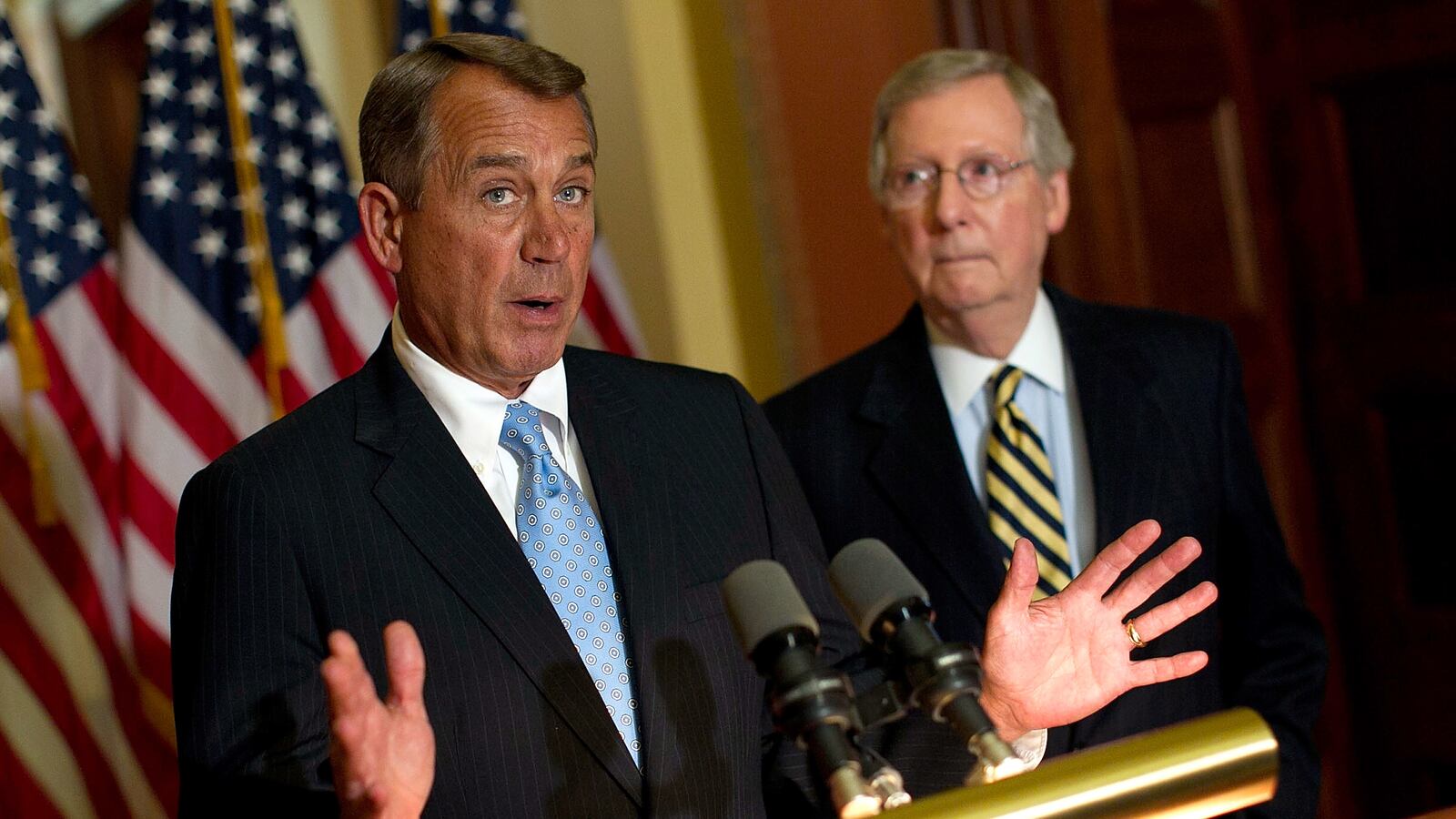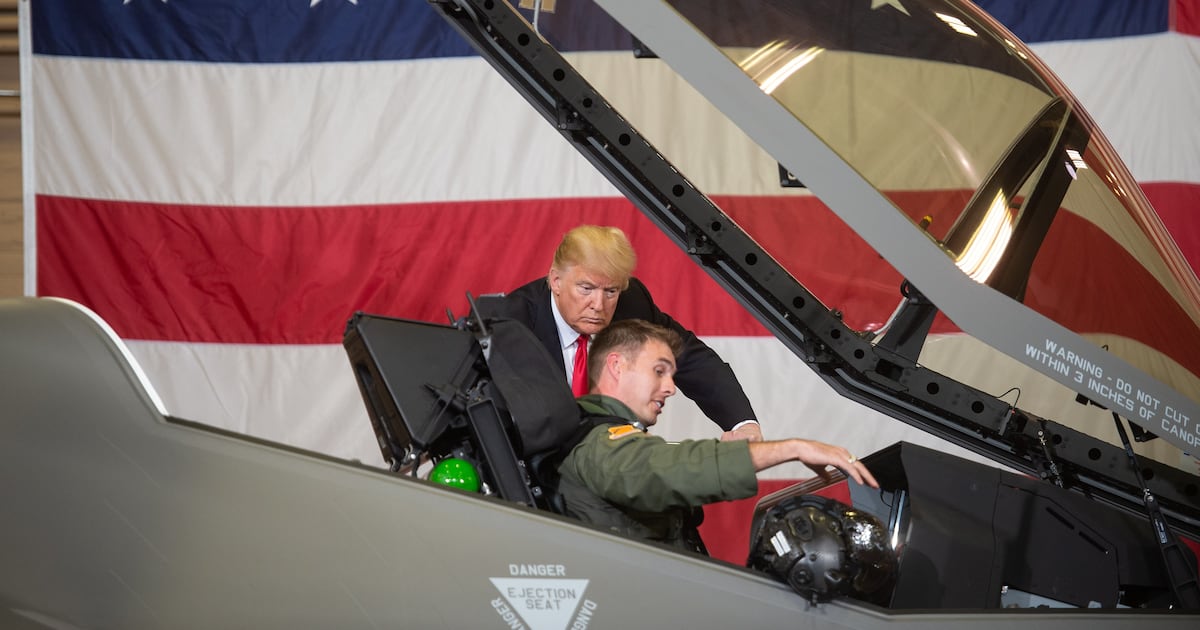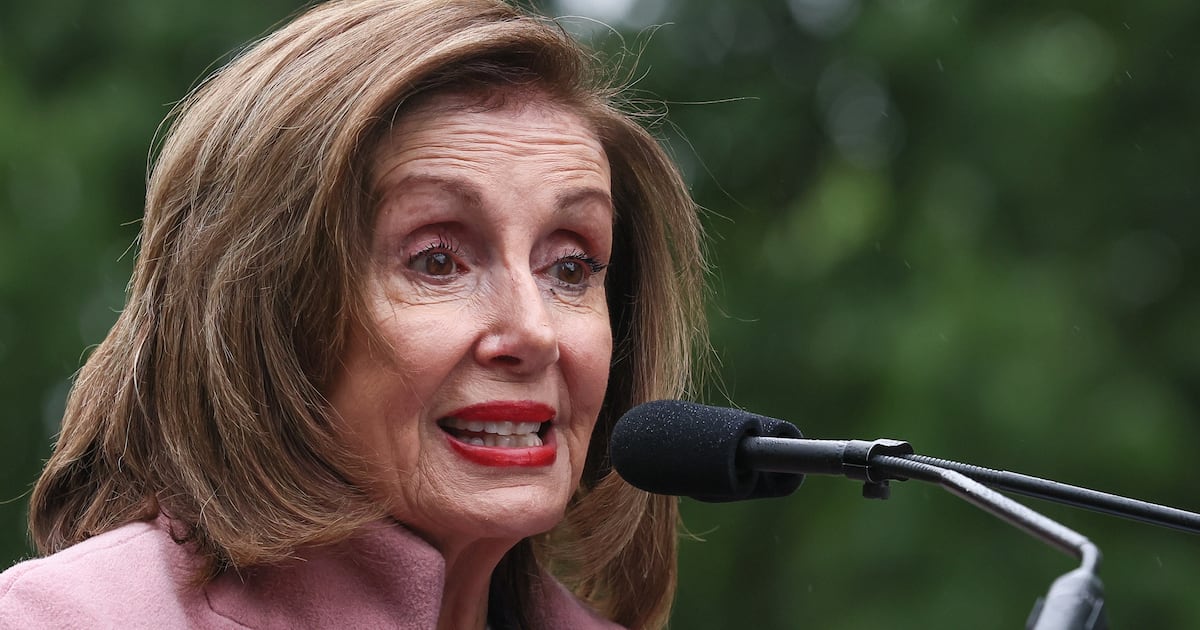
The most controversial aspect of the new healthcare law is the individual mandate, but the mandate is only the means to an end. The end is to make sure everyone can buy health insurance and to achieve that goal, the new healthcare law requires that each state sets up an insurance exchange where consumers can compare and purchase different insurance plans.
While some states have gone ahead to set up their exchanges others have stalled and some are simply ignoring this central part of the healthcare law. Republicans think they are obstructing the implementation of the law, but they might just be creating a way to make the Federal Government's role in healthcare even more dominant.
Research by the nonpartisan Urban Institute found that 14 states had made significant progress in creating exchanges, 16 had made little or no progress and 20 were somewhere in between.
The role of politics in delaying the exchanges is notable. Many Republicans have resisted setting up the exchanges on the assumption that the healthcare law will be found unconstitutional:
Florida, which is leading the court challenge to the new law by 26 states, has not made any commitment to set up an exchange and is “taking a wait-and-see approach,” said Jack McDermott, a spokesman for the Florida Office of Insurance Regulation.
Texas is also taking a hard line. “Gov. Rick Perry believes that the federal health care law is unconstitutional, misguided and overreaching,” said his spokeswoman, Lucy Nashed. “Because of that, there are no plans to implement an exchange in Texas.”
In Michigan, Gov. Rick Snyder, a Republican, has urged the Legislature to create an exchange. But his request has stalled in the Republican-led House, where Speaker Jase Bolger says he wants to wait for the Supreme Court ruling.
But what is the law is held up at the Supreme Court? Ironically, this delay in setting up the exchanges may ultimately end up giving the Federal Government more power:
Many states are waiting for a Supreme Court decision or even the November election results, to see whether central elements of the new law might be overturned or repealed. But that will be too late to start work. By Jan. 1, 2013, the Obama administration will decide whether each state is ready to run its own exchange or whether the federal government should do the job instead.
In other words, if this gamble with the Supreme Court doesn't pay off, exchanges that were meant to be set up at the state level will be made by the federal government. Note that Obama can still lose the election and get the federal government started on setting up the exchanges.






